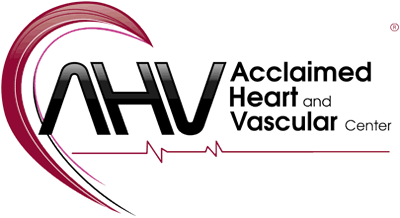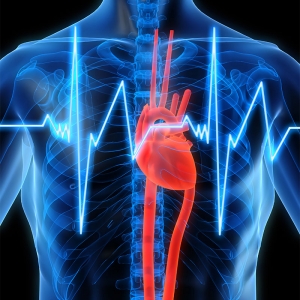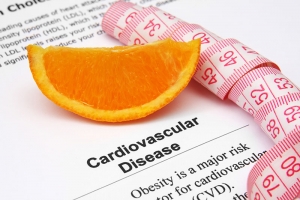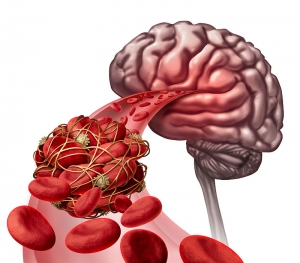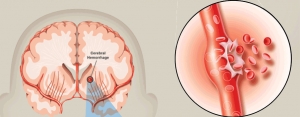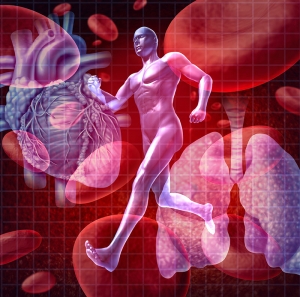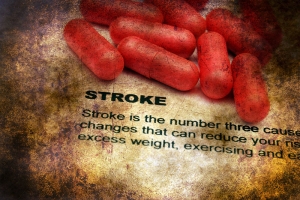The Heart-Kidney Link: How your Heart and Kidneys are related
Cardiovascular disease is common in people with kidney disease (renal disease). In addition, underlying conditions that cause renal disease, such as high blood pressure and diabetes, put people at risk for cardiovascular disease.
Diabetes and Your Heart
Having diabetes means that you are more likely to develop heart disease and have a greater chance of a heart attack or a stroke. People with diabetes are also more likely to have certain conditions, or risk factors, that increase the chances of having heart disease or stroke, such as high blood pressure or high cholesterol.
Over time, high blood glucose from diabetes can damage your blood vessels and the nerves that control your heart and blood vessels. The longer you have diabetes, the higher the chances that you will develop heart disease.
In adults with diabetes, the most common causes of death are heart disease and stroke. Adults with diabetes are nearly twice as likely to die from heart disease or stroke as people without diabetes.1
Lifestyle Modifications for Heart Attack and Stroke Prevention
According to the American Heart Association, heart disease is the #1 cause of death in the United States, accounting for 1 in 7 deaths in the U.S. In the U.S., someone has a stroke every 40 seconds1.
One of the biggest contributors to these statistics is a lack of commitment to healthy living. Your lifestyle is your #1 defense against heart disease and stroke and following the steps below can greatly decrease your risk to Heart Disease and Stroke.
Ischemic Strokes
Ischemic stroke is the most common form of stroke, accounting for around 87% of strokes. This type of stroke is caused by blockages or narrowing of the arteries that provide blood to the brain, resulting in ischemia - severely reduced blood flow.
These blockages are often caused by blood clots, which can form either in the arteries connecting to the brain, or in other blood vessels before being swept through the bloodstream and into narrower arteries within the brain. Clots can be caused by fatty deposits within the arteries called plaque.
Hemorrhagic Strokes
Hemorrhagic stroke is caused by arteries in the brain either leaking blood or bursting open. The leaked blood puts pressure on brain cells and damages them. Blood vessels can burst or spill blood in the middle of the brain or near the surface of the brain, sending blood into the space between the brain and the skull.
According to www.stroke.org, Hemorrhagic Strokes account for about 15% of all strokes, but they are responsible for about 40% of all stroke deaths.
Hypertension: Ways to Control and Prevent
High blood pressure, or hypertension, occurs when your blood pressure increases to unhealthy levels. Your blood pressure measurement considers how quickly blood is passing through your veins and the amount of resistance the blood meets while it’s pumping. Click here for more information on hypertension.
To control your hypertension, you can either take medicine prescribed by your doctor or try lifestyle changes first. If your blood pressure is very high - higher than 160/100, or when either number is higher – it is recommended that you start with medicine to lower it immediately. Either way, you will need to adjust your lifestyle to live more of a heart-healthy lifestyle and lower your risk for heart attack and stroke.
Everything You Need to Know About Stroke
Stroke is the 5th leading cause of death in the US, with one person dying every 4 minutes as a result. For African Americans, stroke is the 3rd leading cause of death.
In the US, approximately 40% of stroke deaths are in males, with 60% in females. According to the American Heart Association (AHA), compared to Caucasians, African Americans have nearly twice the risk of a first-ever stroke and a much higher death rate from stroke.
Stroke is also more likely to affect people if they are overweight, aged 55 or older, have a personal or family history of stroke, are not physically active, drink heavily, smoke or use illicit drugs.
